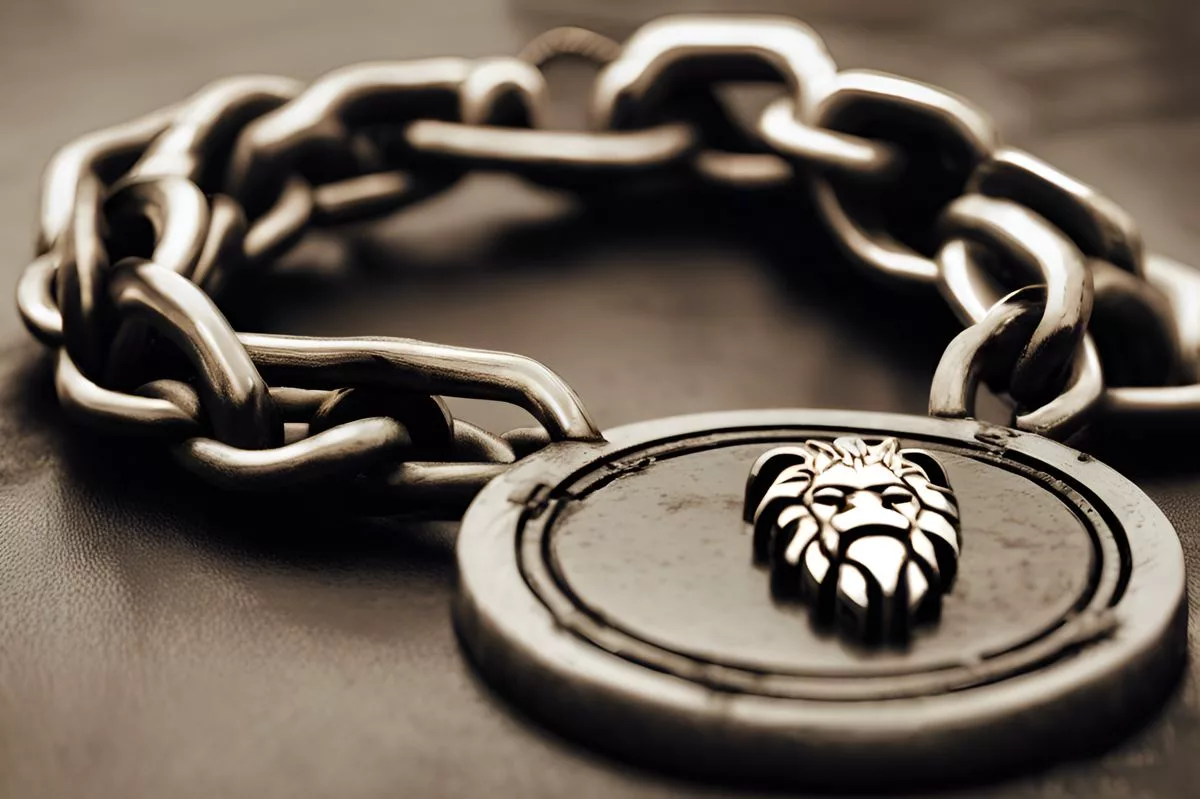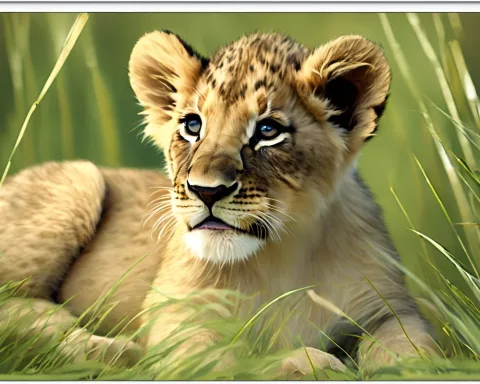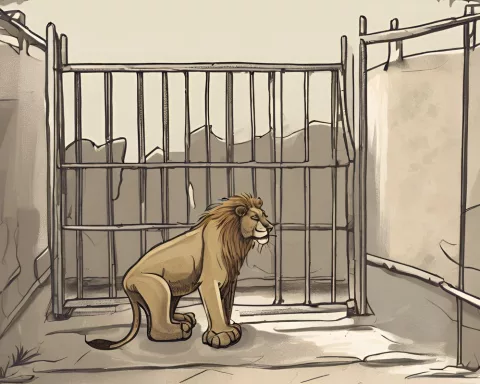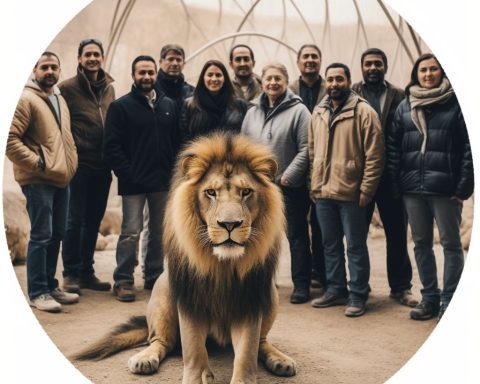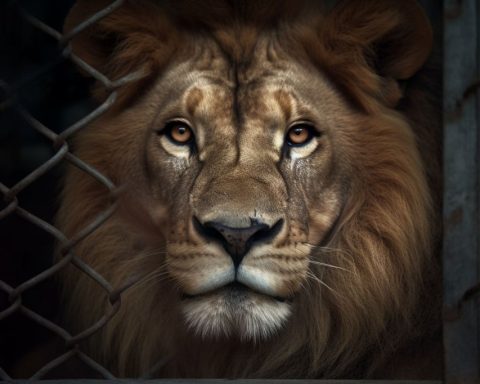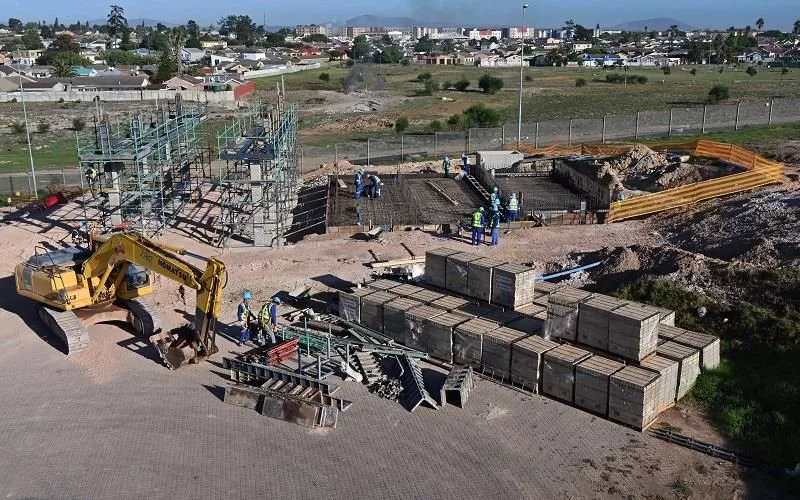South Africa has announced plans to end the breeding of captive lions for hunting, which has been heavily criticized by animal rights advocates and conservationists. The government has given breeders a two-year grace period to switch their business approach and exit from the sector voluntarily. This move follows global backlash against trophy hunting and marks a shift towards aligning with international conservation trends and domestic policy changes.
South Africa’s Bold Leap for Lion Conservation
South Africa has announced plans to eliminate the breeding of captive lions specifically for hunting, signaling a noteworthy move towards dismantling the controversial industry. The government aims to shut down the captive breeding sector and has granted breeders a two-year grace period to voluntarily switch their business approach and exit from this sector before the prohibition comes into effect. The decision is still awaiting codification into law.
On a recent Wednesday, South Africa publicly announced its plans to progressively eliminate the breeding of captive lions specifically for hunting, signifying a noteworthy move towards dismantling the controversial industry. This has been a highly criticized practice by both conservationists and animal rights advocates, who object to the exploitation of these majestic creatures. The business model involves nurturing big cats in captivity solely to serve as targets for wealthy hunters who usually shell out thousands of dollars for this experience.
These hunters, a significant number of whom are foreign, often celebrate their hunting prowess by taking back home the head or skin of the hunted animal as trophies. This act only adds fuel to the fire of animosity burning within animal rights organizations, who view it as a savage abuse of these magnificent animals.
Staunch Resolve and Upcoming Changes
The South African government’s determination to bring this industry to a halt has not emerged suddenly. The intention to terminate this industry was already indicated by the government back in 2021. A dedicated ad hoc panel has been laboriously working on this matter for the past two years. In a recent press briefing in Cape Town, Environment Minister Barbara Creecy revealed that the panel has advised the total shutdown of the captive breeding sector. This would encompass keeping lions in captivity or commercially exploiting captive lions or their by-products.
Breeders have been granted a two-year grace period to voluntarily switch their business approach and exit from this sector before the prohibition comes into effect. Despite facing strong opposition from representatives of this highly lucrative sector, the government endorsed this decision last week. However, the decision is still awaiting codification into law.
Global Backlash and the Vast Scale of the Industry
This step towards prohibiting trophy hunting coincides with the mounting criticism the industry has been receiving globally, particularly in the Western world. The drive to prohibit the import of trophies has been gaining considerable momentum, with backing from the United States, Australia, and several European countries.
Kamalasen Chetty, the head of the ad hoc panel, has commented on the issue saying, “The industry is large and complex with a long history that does not align with current international trends and domestic policy changes on conservation.”
The enormity of this industry is indeed staggering, with animal rights groups estimating that between 8,000 to 12,000 lions are held across nearly 350 farms in South Africa. These groups consistently criticize the conditions under which the animals are held. Meanwhile, the Endangered Wildlife Trust, a non-governmental organization based in South Africa, states that the number of wild lions is substantially less by comparison, with only about 3,500 remaining.
A Hopeful Future for South Africa’s Lions
The laudable action taken by the South African government marks a shift towards aligning with global conservation trends and domestic policy amendments. It also offers a beacon of hope for these marvelous creatures, as South Africa begins to reassess and reform antiquated practices that have long tarnished its conservation reputation.
In conclusion, South Africa’s bold decision to progressively eliminate captive lion breeding for hunting serves as an example of the country’s commitment to conservation. This decision, prompted by global trends and domestic policy changes, signifies South Africa’s intent to preserve its wildlife and align its practices with international standards. While this move invites potential criticism from industry stakeholders, it also instills hope for a more humane future for South Africa’s lion population.
What is the South African government’s plan for lion conservation?
The South African government has announced plans to end the breeding of captive lions specifically for hunting, which has been criticized by animal rights advocates and conservationists. The government aims to shut down the captive breeding sector and has granted breeders a two-year grace period to voluntarily switch their business approach and exit from this sector before the prohibition comes into effect.
What is the purpose of this plan?
The purpose of this plan is to eliminate the controversial practice of breeding captive lions for hunting, align with international conservation trends, and preserve the country’s wildlife. The move follows global backlash against trophy hunting and marks a shift towards domestic policy changes.
When will the prohibition of captive lion breeding for hunting come into effect?
Breeders have been granted a two-year grace period to voluntarily switch their business approach and exit from this sector before the prohibition comes into effect. The decision is still awaiting codification into law.
What is the scale of the captive lion breeding industry in South Africa?
Animal rights groups estimate that between 8,000 to 12,000 lions are held across nearly 350 farms in South Africa. The conditions under which the animals are held have been consistently criticized. Meanwhile, the Endangered Wildlife Trust, a non-governmental organization based in South Africa, states that the number of wild lions is substantially less by comparison, with only about 3,500 remaining.
Why is there mounting criticism of trophy hunting?
There is mounting criticism of trophy hunting globally, particularly in the Western world. The drive to prohibit the import of trophies has been gaining considerable momentum, with backing from the United States, Australia, and several European countries.
What does this decision mean for the future of South Africa’s lion population?
The decision signifies South Africa’s intent to preserve its wildlife and align its practices with international standards. This move instills hope for a more humane future for South Africa’s lion population and marks a shift towards reassessing and reforming antiquated practices that have long tarnished its conservation reputation.

